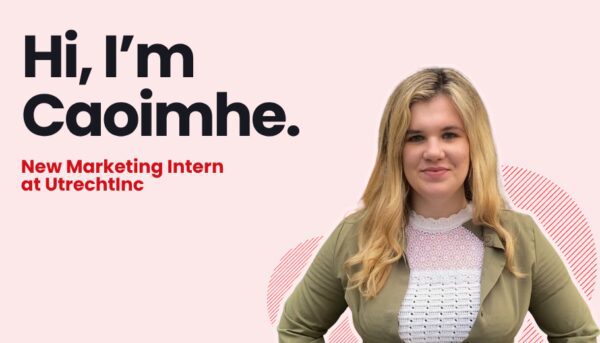
New colleague • Caoimhe
Welcome Caoimhe, our new Marketing Intern! Caoimhe is excited to join the marketing team as an Intern at UtrechtInc. After a few years in the pharma and meddev world, she found myself drawn more to creative problem-olving.

Welcome Caoimhe, our new Marketing Intern! Caoimhe is excited to join the marketing team as an Intern at UtrechtInc. After a few years in the pharma and meddev world, she found myself drawn more to creative problem-olving.

Romion Health is a healthcare AI consultancy dedicated to enabling the responsible adoption of commercially available artificial intelligence (AI)-driven applications in healthcare.
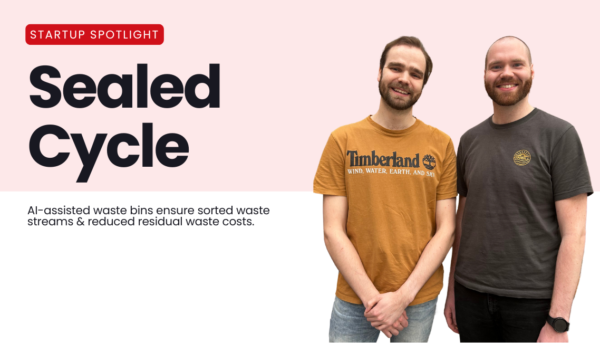
We're happy to shine a spotlight on Sealed Cycle, a startup in our Foundership program! This startup is transforming how organizations view waste, turning it from a problem into valuable data that drives environmental progress.
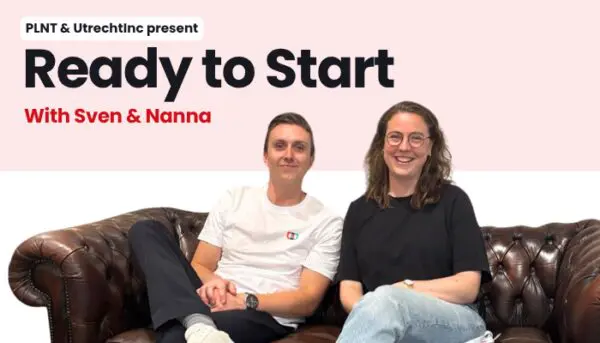
Ever wondered what it really takes to launch a science-based startup? 🤔 UtrechtInc & PLNT’s four-week Ideation Program could be your answer. This free online evening course is designed to help you explore how your research can make a real impact.
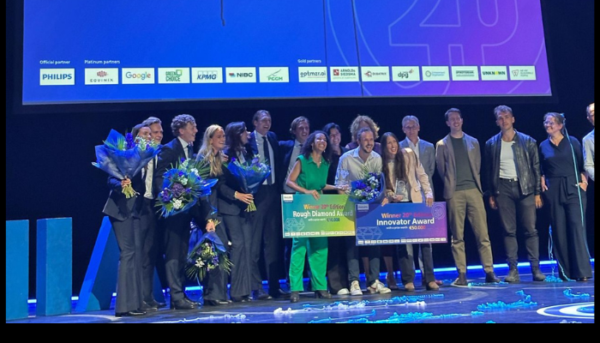
Eight exceptional student-led startups battled it out live for the Netherlands' top student entrepreneurship honor: the prestigious Philips Innovation Award. Two groundbreaking ideas from our foundership startups ultimately claimed the top prizes.
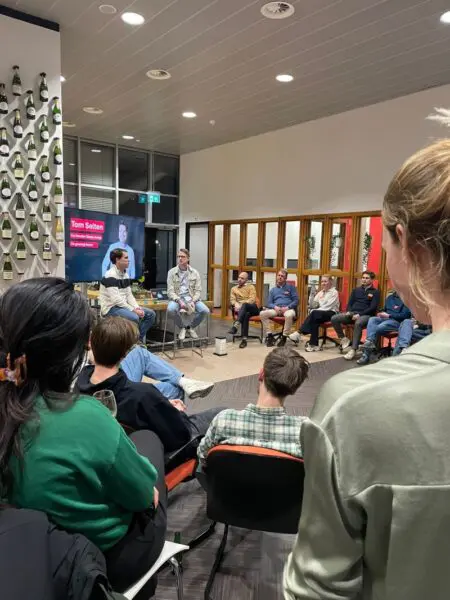
Craving good pizza and even better company? Join us for the third edition of Founders & Pizza—an informal evening where Utrecht-based founders connect, share stories, and spark new ideas over fresh slices and cold drinks.
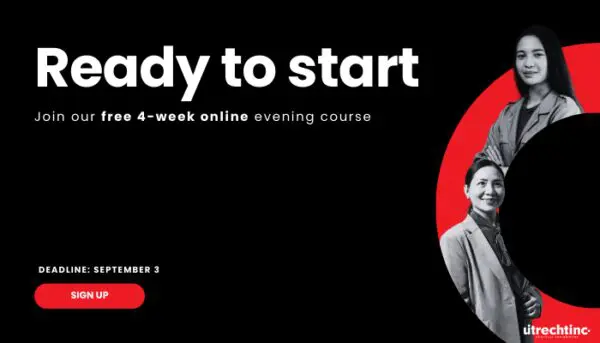
Do you want to understand what it takes to launch a science-based startup? UtrechtInc’s four-week Ideation Program, a simple free online evening course, could be your first step towards making a significant impact with your research.

UtrechtInc is proud to launch a strategic partnership with ICAT (Innovation Center for Advanced Therapies), creating a modular support system for startups working on next-generation medical technology and advanced therapeutics.
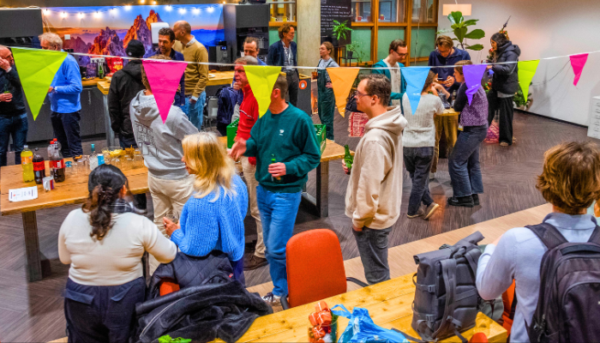
Are you ready to take on an exciting role that combines networking, promotion, and talent scouting while pushing the boundaries of your comfort zone? Look no further! We are seeking motivated individuals like you to become part of the Student Startup Scout team for our university-linked startup incubator.